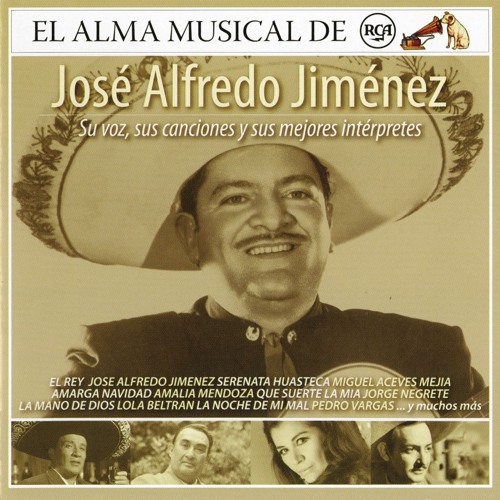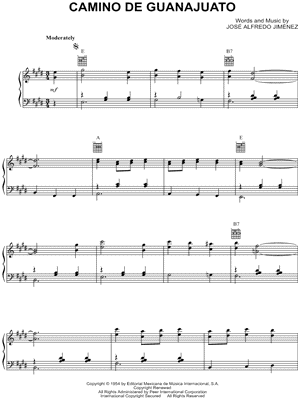
Lola was already famous as a vernacular singer. Lola Beltrán, Demetrio González, and José Alfredo Jiménez led the cast. Along his career, Salvador wrote the stories for 27 Cantinflas’s vehicles, as well as many others for other very popular comedians like Adalberto Martínez Resortes and the duo Viruta y Capulina. His vast experience as a comedy screenplay writer and filmmaker shows in this film. It recalls the cases two famous leading men in Mexican cinema that had to do that in real life: Tito Guízar, and Jorge Negrete.Ĭamino de Guanajuato is a first rate musical comedy. Two opera pieces are included, since Demetrio González’s character was originally an opera singer that has to switch to vernacular music to meet success. The rest of the cast included some very popular actors like María Gentil Arcos, as Juan José’s mother José Pidal, Manolo Noriega, and Pancho Córdova. When Demetrio and Juan José fall in love with Lola, everything changes. Success is almost immediate, and everything seems to be bright in their future. An antique shop’s owner (José Pidal) lends them a pair of guitars they need.
#José alfredo jiménez camino de guanajuato tv#
They meet at a TV contest and decide to form a trio. The story is about Lola, Demetrio, and Juan José. The group splits when a love triangle ruins their friendship. H.Three wannabe singers, a woman and two men, form a trio that soon reaches fame. In recognition of his prolific work in regional Mexican music.

"Tribute to Maestro José Alfredo Jiménez S. Ayunmiento de Benito Juarez Cancun 1s de Junio de 2014" "Homenaje al Mtro José Alfredo Jiménez S.Įn reconocimiento a su prolifica obra a la musica regional mexicana. The bronze bust of José Alfredo Jiménez on a stone pedestal, can be seen on Tulum Avenue about 300 meters from the Benito Juarez City Hall in Cancun. His tomb in Dolores Hidalgo, Guanajuato, attracts visitors from around the world. He was only forty-seven years old when he died in Mexico City of complications resulting from cirrhosis of the liver.

Like many of his contemporary stars, like Jorge Negrete, Pedro Infante and Javier Solís, Jiménez died young. The country artist Luke Tan recorded a disc of his favorite Jiménez songs in Spanish, including some English translations. In addition, Joaquín Sabina paid homage to Jiménez with his song, "Por el Bulevar de los Sueños Rotos" ("On the Boulevard of Broken Dreams"). In addition to his own recordings, many of his songs have been recorded by renowned artists from the Spanish-speaking world, including the following artists: Selena, “Cuando Nadie Te Quiera”, Miguel Aceves Mejía, Enrique Bunbury, Antonio Aguilar, Luis Aguilar, Lola Beltrán, Vikki Carr, Gualberto Castro, Rocío Dúrcal, Alejandro Fernández, Pedro Fernández, Vicente Fernández, Los Relámpagos Del Norte con Cornelio Reyna y Ramón Ayala, Los Tigres del Norte, Manolo García, Little Joe Hernández & The Latinaires, Julio Iglesias, Pedro Infante, the Mexican rock group Maná, Luis Miguel, Jorge Negrete, Sunny Ozuna & The Sunliners, María Dolores Pradera, Javier Solís, and Chavela Vargas and Selena. Among the most famous are "Me Equivoqué Contigo", "Ella", "Paloma querida", "Tú y la mentira", "Media vuelta", "El Rey", "Sin Sangre en las Venas", "El jinete", "Si nos Dejan", "Amanecí en tus Brazos", "Llegando a ti", "Tu recuerdo y yo", El Hijo del Pueblo", "Cuando el Destino", "El caballo blanco", "Llegó Borracho el Borracho" and "Que te vaya bonito", as well as "Camino de Guanajuato", where he sang about his home native state of Guanajuato. Nonetheless, he composed more than 1,000 songs. According to singer Miguel Aceves Mejía, he did not play an instrument and did not even know the Spanish word for "waltz" or what "keys" his songs. Jiménez was born in Dolores Hidalgo, Guanajuato. José Alfredo Jiménez-Sandoval (19 January 1926 – 23 November 1973) was a Mexican singer-songwriter of rancheras, whose songs are considered an integral part of Mexico's musical heritage.


 0 kommentar(er)
0 kommentar(er)
